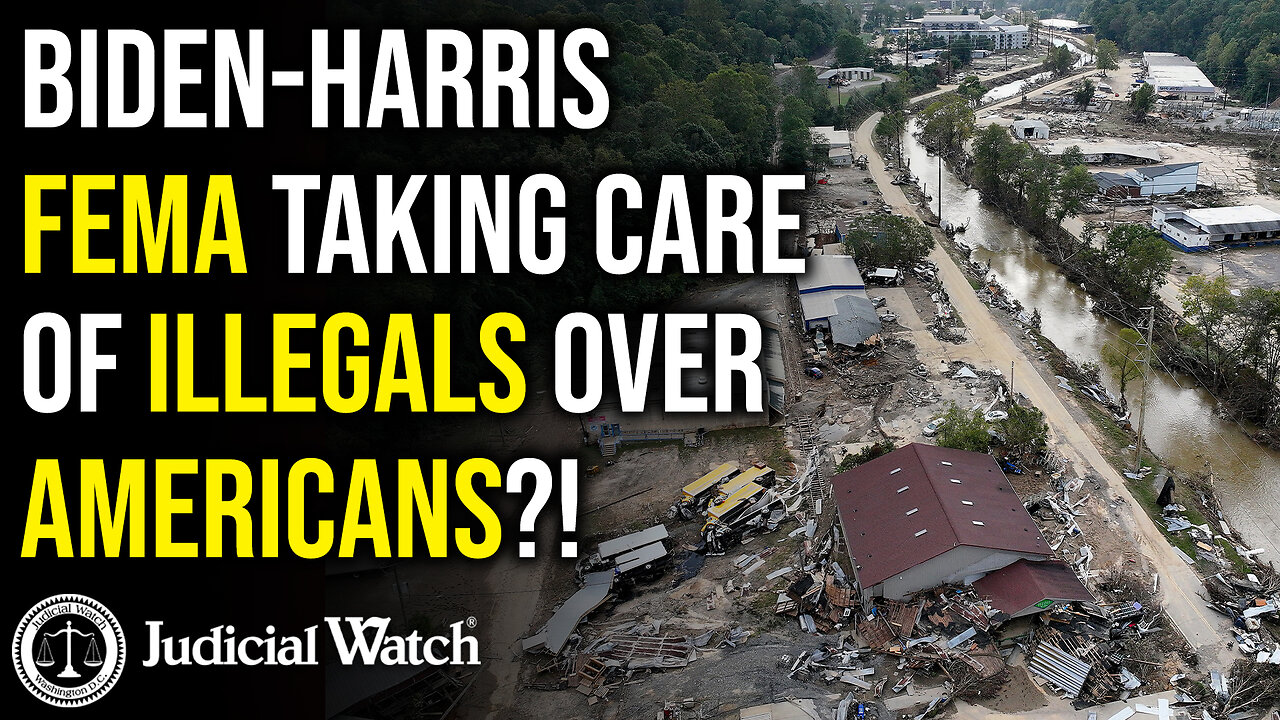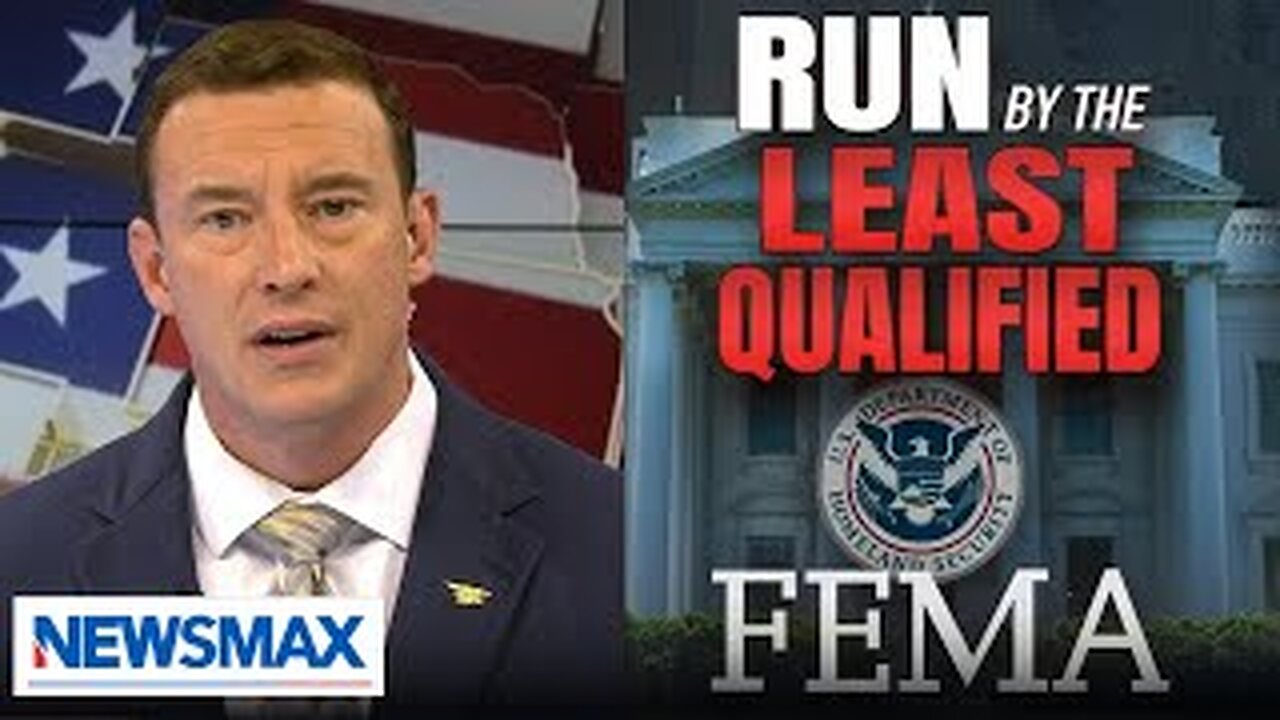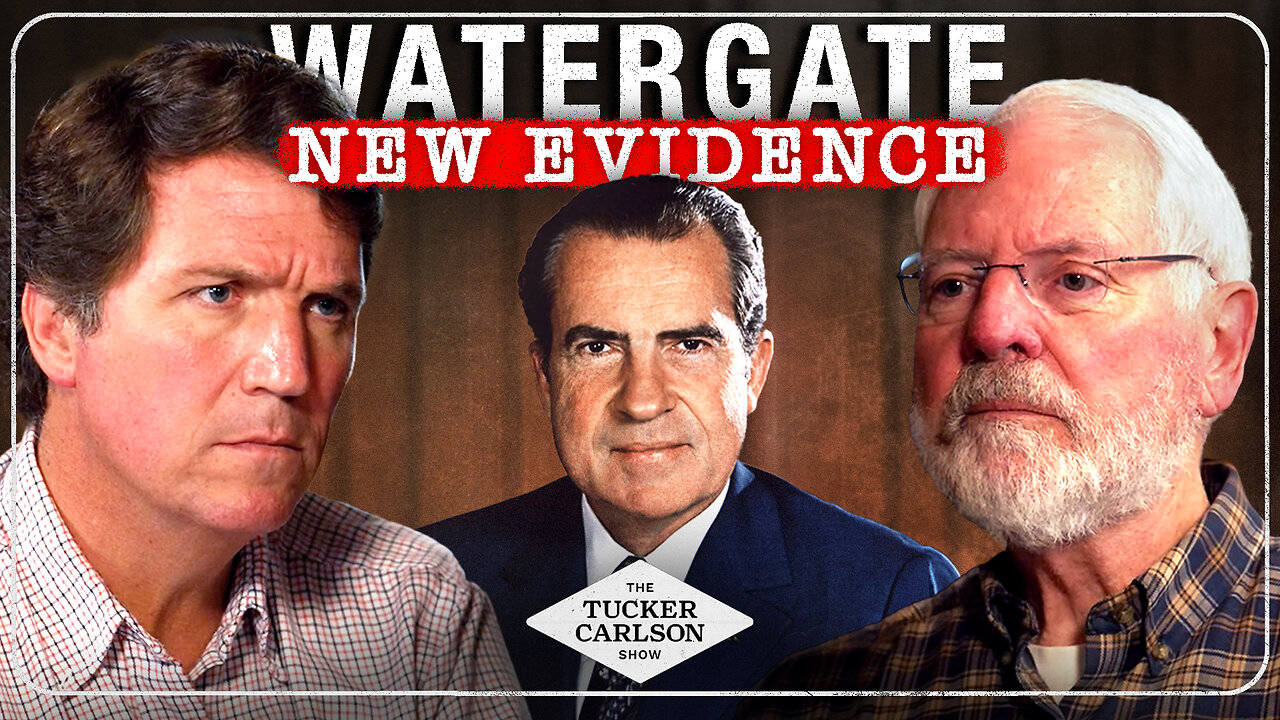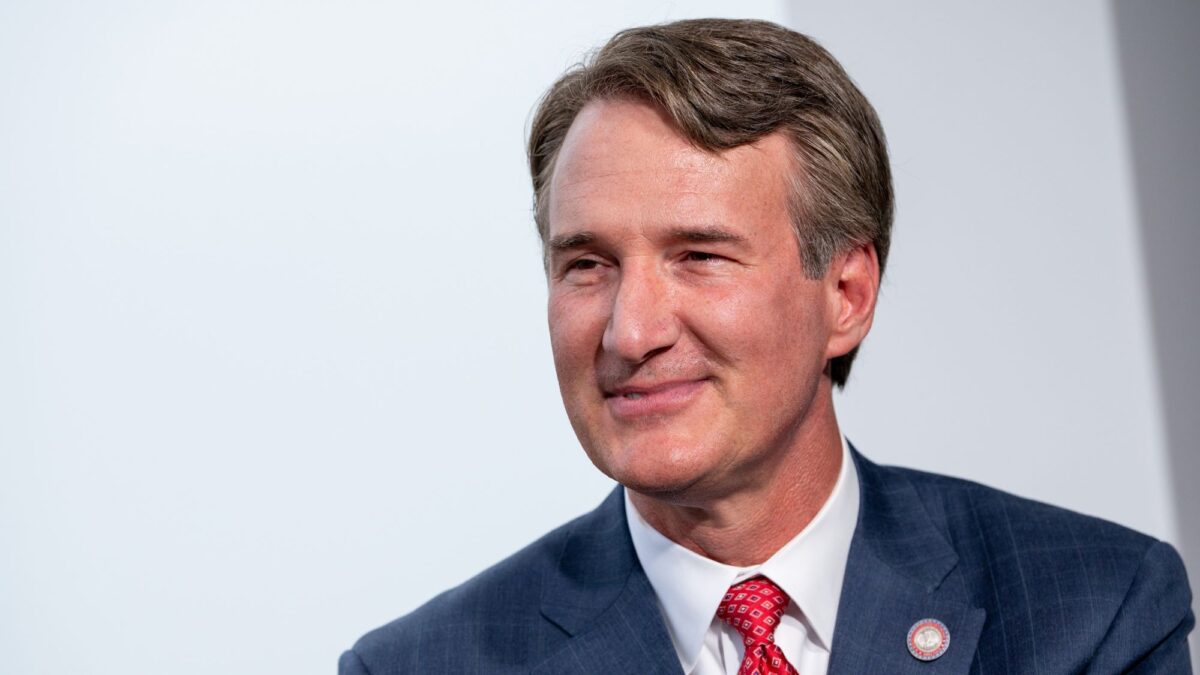Layaway country USA
'Each credit card, not holder, carries an astounding and record debt of over $6,218 on average'


I’m looking at my county’s proposed property tax increase of 11% in the anticipated 2025 fiscal budget. That’s on top of last year’s 7% hike and the previous year’s increases, which always exceeds the inflation rate. Government workers at all levels, by and large, are doing great in our inflationary environment. But what about the rest of us? Not so much.
As we like to remind ourselves, government exists for itself first and for the people, maybe second. On top of that, the government does few things well (think the Department of Motor Vehicles). Confiscating your productive worth under the color of law, they waste a significant part of that in inefficient or even unnecessary programs and staffing simply because they can. There is no effective counterbalance to our government systems’ wastefulness, inefficiencies and outright graft.
All this leads us to what is coming for the rest of us in an environment of unrestrained government growth and spending.
As a program, layaways may see a return to the mainstream because the economy for the rest of us is so unbelievably bad, and we won’t be able to afford to keep using credit cards as we continue to max them out. For those under 30 who may not know what we are talking about, layaway was a popular program that provided:
“A payment plan in which a buyer reserves an article of merchandise by placing a deposit with the retailer until the balance is paid in full.”
American retailers created layaways during the Great Depression, before consumer credit and when times were desperate. Layaway declined with the advent of credit cards. The principal difference between using layaway or credit cards is the interest charged for the convenience of getting what you want now instead of waiting to save up like we used to do.
Americans are addicted to their credit cards. We now owe over $1.12 trillion on our credit cards, an increase of about 22% from the pandemic days. Each credit card, not holder, carries an astounding and record debt of over $6,218 on average, with an average interest rate of approximately 22.63%, according to Transunion. It would not be a misstatement to infer that Americans are slaves to their debt holders in much the same way that tenant farmers were to their land owners.
Let’s circle back to layaway. Several years ago, Walmart ended its layaway program by partnering with Affirm, a consumer credit business. I predict we’ll see a return of layaway this holiday shopping season as people begin to run out of credit. There is a cascading series of events underway right now.
It started with the pandemic when the government interfered with business as never before. In a classic command and control economy, the government commands, and the people follow. Businesses and workers would usually not comply willingly except for the government’s application of trillions of dollars of what amounts to bribe/fake money handed over to facilitate behavior changes. Fake, because it temporarily paid bills with money you didn’t work for, but then the value of that money began to evaporate in the form of inflation. Millions thought they were well off and spent that “free money.” Quite a few thought this was an excellent time to get out after years of hard work and either retired early or laid low. Skills atrophied, and their desire to get back into the rat race diminished by the day as they figured out how to live an alternative lifestyle funded with government money, free health care, credit, wealth transfer and often an accompanying reduced standard of living. For some, this worked out fine, but for many others, that pit they feel in their stomachs is tangible, telling them something is wrong but not knowing how to make it go away.
In assigning blame for what has happened to our country, there are three suspects:
A. It’s the present makeup of our government from the bottom to the top, employing 24 million of us who believe the government is the answer and wonder, “Why doesn’t everyone work for the government?”
B. Or, perhaps it is we the people, who don’t pay enough attention to what the government is up to or are cheerleaders for a government that promises you everything.
C. The third culprit is the fact that we elect leaders who are not loyal to our Constitution or believe in the fundamental rights of the individual to succeed or fail on his or her own.
The foundation of all these is unrestrained government, leading us over the cliff and seeming oblivious. A day of reckoning is all but inevitable. If and when this happens, all bets are off. Civil society hangs on the thinnest of threads, with few realizing just how thin.
There are indicators that will tell us what we should already be able to see. Rising credit card defaults, mortgage defaults, higher government deficits, targeted pandering to low-information voters that make up the entitlement state and political rhetoric that doesn’t match the reality of the situation or obscures root problems. Check. Check. Check.
Watch closely when you hear that layaway is back. That will reveal that the nation’s temperature is rising, and the government is losing the ability to placate the millions of mouths it has been feeding. Be ready for the inevitable pushback as the government falls short of the demands of the entitled. A day of reckoning is coming, especially if Harris becomes president, but even if Trump is elected since so much damage has already been done.
God bless America.
SUPPORT TRUTHFUL JOURNALISM. MAKE A DONATION TO THE NONPROFIT WND NEWS CENTER. THANK YOU!
Originally Published at Daily Wire, World Net Daily, or The Blaze
What's Your Reaction?
































































































